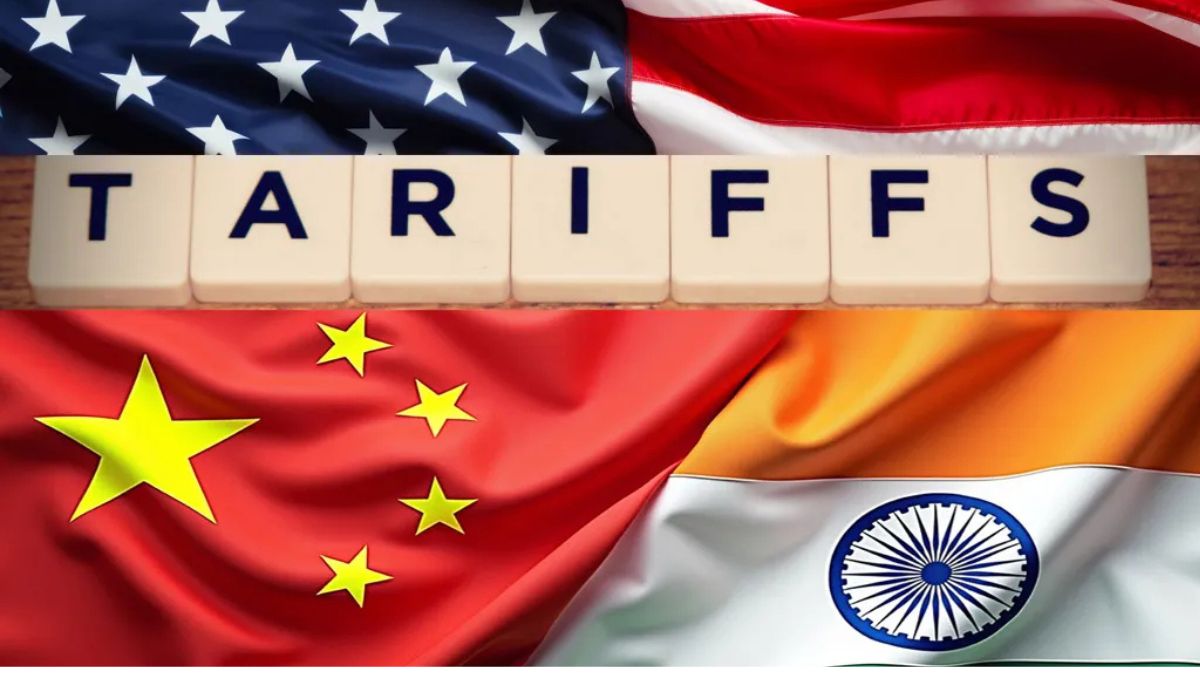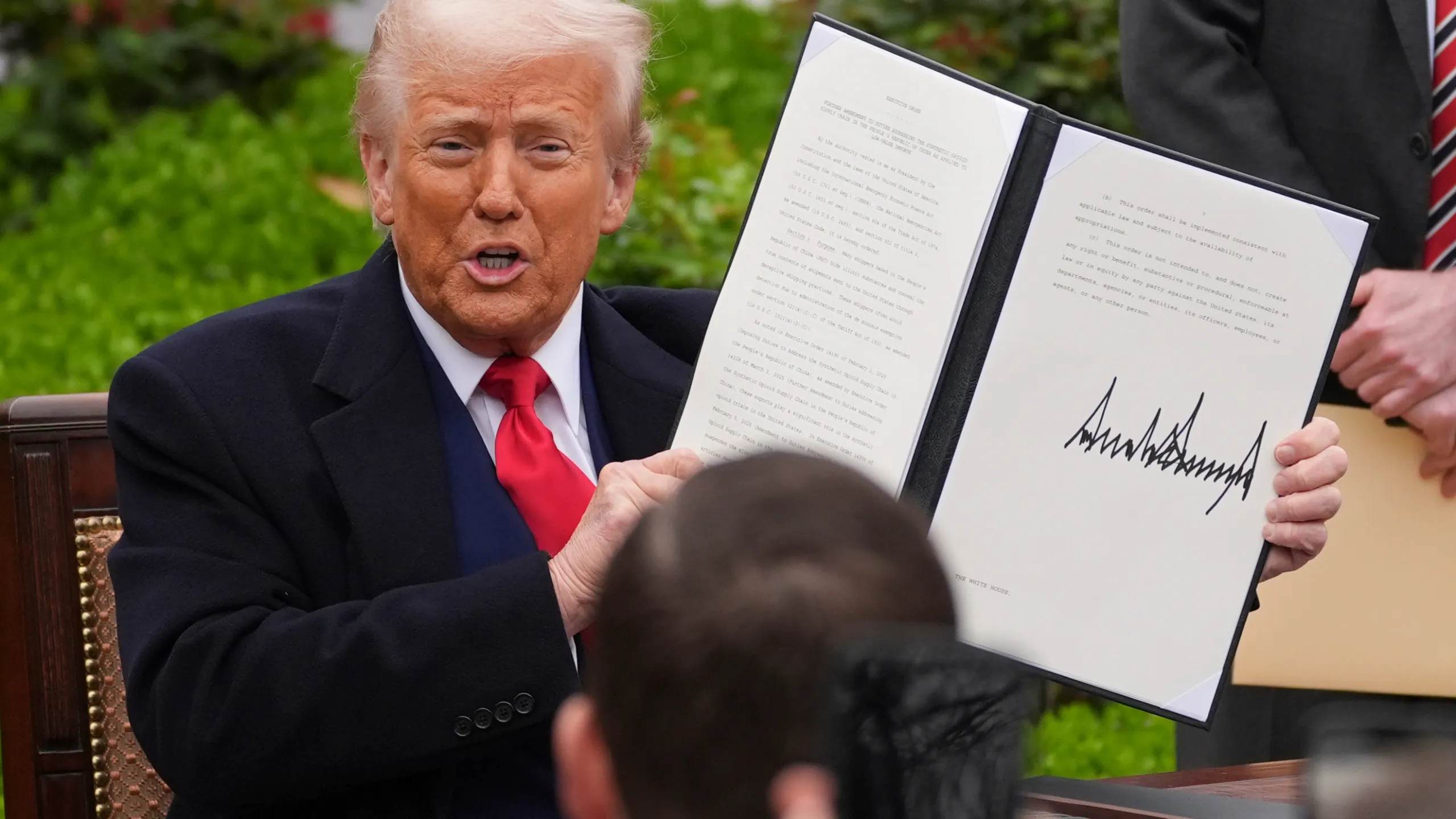
Over the past few years, the artificial intelligence (AI) sector has experienced exponential growth worldwide. Companies investing heavily in AI technology have seen their valuations skyrocket, driven by optimism about the transformative potential of AI across various industries. However, a noticeable trend has emerged: AI valuations in India tend to remain significantly more reasonable compared to the inflated figures seen in the United States. This discrepancy is influenced by a variety of economic, market, and regulatory factors that shape how valuations are determined in each country.
Economic Factors Contributing to Valuation Disparities
Market Maturity and Investment Climate
The United States boasts a highly mature technology ecosystem with a vast pool of venture capital, institutional investors, and tech giants like Google, Microsoft, and Amazon investing aggressively in AI startups and projects. This maturity fuels a cycle of high valuations, often detached from current revenue or profitability metrics, driven more by future potential than present-day fundamentals.
In contrast, India’s startup ecosystem, while rapidly growing, is still developing its maturity. Investors tend to adopt a more cautious approach, focusing on sustainable growth models and achievable milestones rather than speculative hype. Consequently, AI valuations in India reflect a more grounded perspective on the technology’s immediate and near-term potential.
Service-Based vs Product-Based Economy
The US economy has a predominantly service-oriented and innovation-driven landscape, which creates an environment conducive to high valuation multiples for tech-centric companies. Many US startups leverage extensive data, advanced infrastructure, and access to large markets to justify lofty valuations.
India, on the other hand, has a larger proportion of startups focused on affordable solutions, local needs, and scalable models that address domestic markets. Although AI is making inroads in sectors like healthcare, agriculture, and financial services, the revenue streams and market size tend to be smaller and more localized, influencing valuations to remain comparatively modest.
Regulatory and Policy Environment Impacting Valuations
Data Privacy and Regulation
Data privacy regulations, such as the General Data Protection Regulation (GDPR) in the EU and similar frameworks in the US, heavily influence how AI companies are valued. In the US, regulatory frameworks are evolving, with a focus on innovation and competitiveness, albeit with some uncertainty around data governance.
India is actively developing its regulatory landscape for AI and data privacy, making investors cautious about valuation bubbles. The Indian government’s emphasis on building a robust digital infrastructure through initiatives like Digital India also encourages responsible AI development, which stabilizes valuations at a reasonable level.
Government Support and Public Initiatives
India’s government has launched several initiatives aimed at fostering AI innovation, such as the National AI Strategy, which emphasizes ethical AI development and inclusive growth. These policies create an environment where valuations are based on realistic expectations aligned with national priorities, avoiding the overly ambitious leaps often seen in US valuations.
Market Dynamics and Investor Sentiment
- Risk Appetite: US investors often display a high risk appetite for groundbreaking technology, pushing startups to achieve sky-high valuations in anticipation of future dominance. This speculative approach can distort valuation metrics, leading to inflated figures that may not be sustainable.
- Valuation Metrics: Indian investors emphasize more traditional valuation metrics such as revenue multiples, profit forecasts, and proven business models. This cautious approach results in AI valuations that are more conservative and aligned with actual business fundamentals.
- Public Market Impact: The Dow Jones and NASDAQ indices frequently influence startup valuation trends worldwide. US markets’ bullish sentiment often fuels over-enthusiasm for tech startups, including those in AI.
- Economic Stability: India’s relatively stable macroeconomic environment and controlled inflation contribute to more measured valuation practices, contrasting with the sometimes exuberant US market cycles.
Future Outlook: Will Indian AI Valuations Continue to Remain Reasonable?
As both countries continue their technological evolution, the valuation landscape will evolve accordingly. In India, as the government and private sector deepen investments in AI infrastructure, talent, and innovation, valuations are poised to grow but likely remain grounded by the country’s economic realities and regulatory frameworks.
Conversely, the US may see valuation corrections if regulatory pressures or economic shifts temper investor optimism. Nonetheless, the US’s leading position in AI innovation and infrastructure will continue to attract high valuations—though perhaps at more sustainable levels.
Ultimately, India’s approach to AI valuation underscores the importance of balance—between fostering innovation and maintaining fiscal prudence. This prudent stance nurtures a sustainable growth environment that benefits investors, startups, and the broader economy alike.
Key Takeaways
- India’s AI valuations are more conservative: Reflecting market maturity, regulatory environment, and a pragmatic investment approach.
- US valuations are driven by speculation: Favored by high risk appetite, aggressive investor sentiment, and mature venture capital ecosystems.
- Regulatory environment matters: India’s proactive policies help regulate growth and valuation expectations.
- Economic fundamentals influence valuation levels: Shaped by the scale of market opportunities and investor confidence.
- Future growth may align valuations: As India continues to develop its digital ecosystem, valuations could rise but remain anchored by real business potential.
In summary, while the AI sector continues to expand globally, India’s valuations remain notably more grounded compared to their US counterparts. This prudent approach not only ensures sustainable growth but also sets a positive precedent for emerging markets looking to harness AI’s transformative power without falling prey to hype-driven bubbles.
For more updated news please keep visiting Prime News World.








